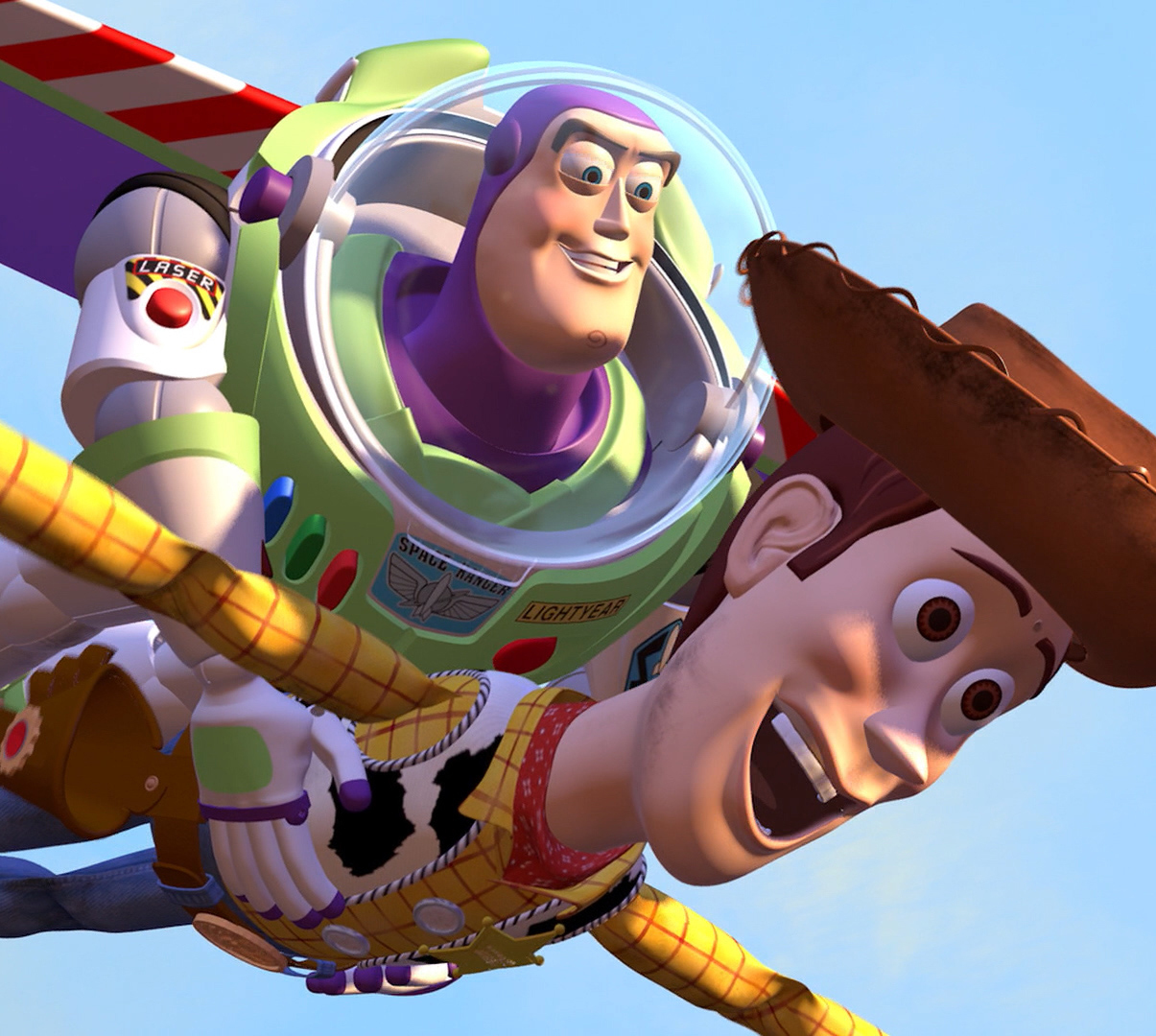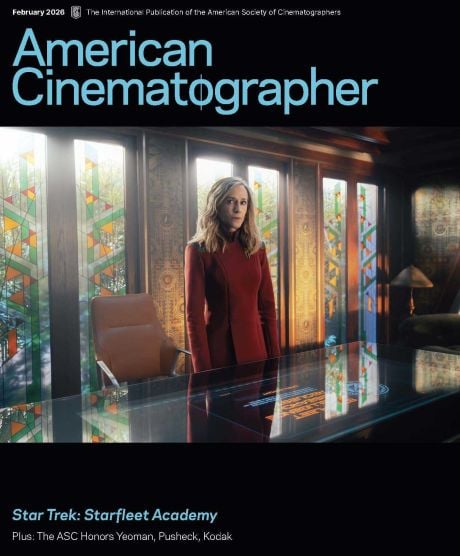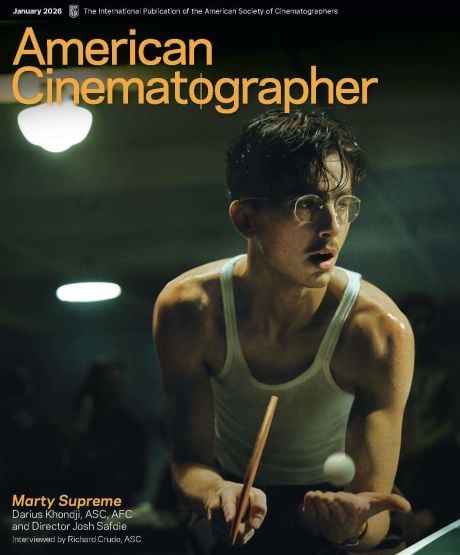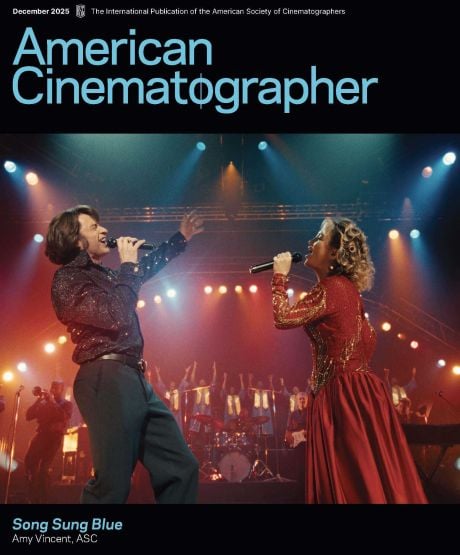SPONSORED BY: ASC Master Class
The cinematographer discusses her approach to lighting and the evolution of computer-generated cinematography.
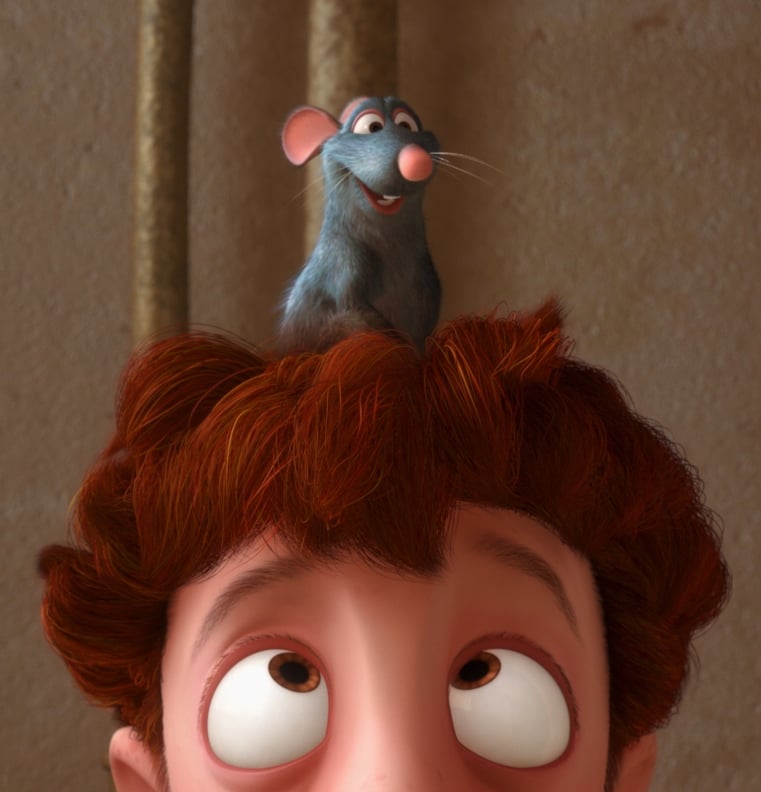
About the Discussion
In 1994, Pixar Animation Studios set out to make the first-ever entirely computer-animated feature film: Toy Story. The picture — which follows anthropomorphic toys who come to life when humans aren’t present — was a critical and commercial success, and received commendations for the technical innovation of the computer animation, including a Special Achievement Academy Award.
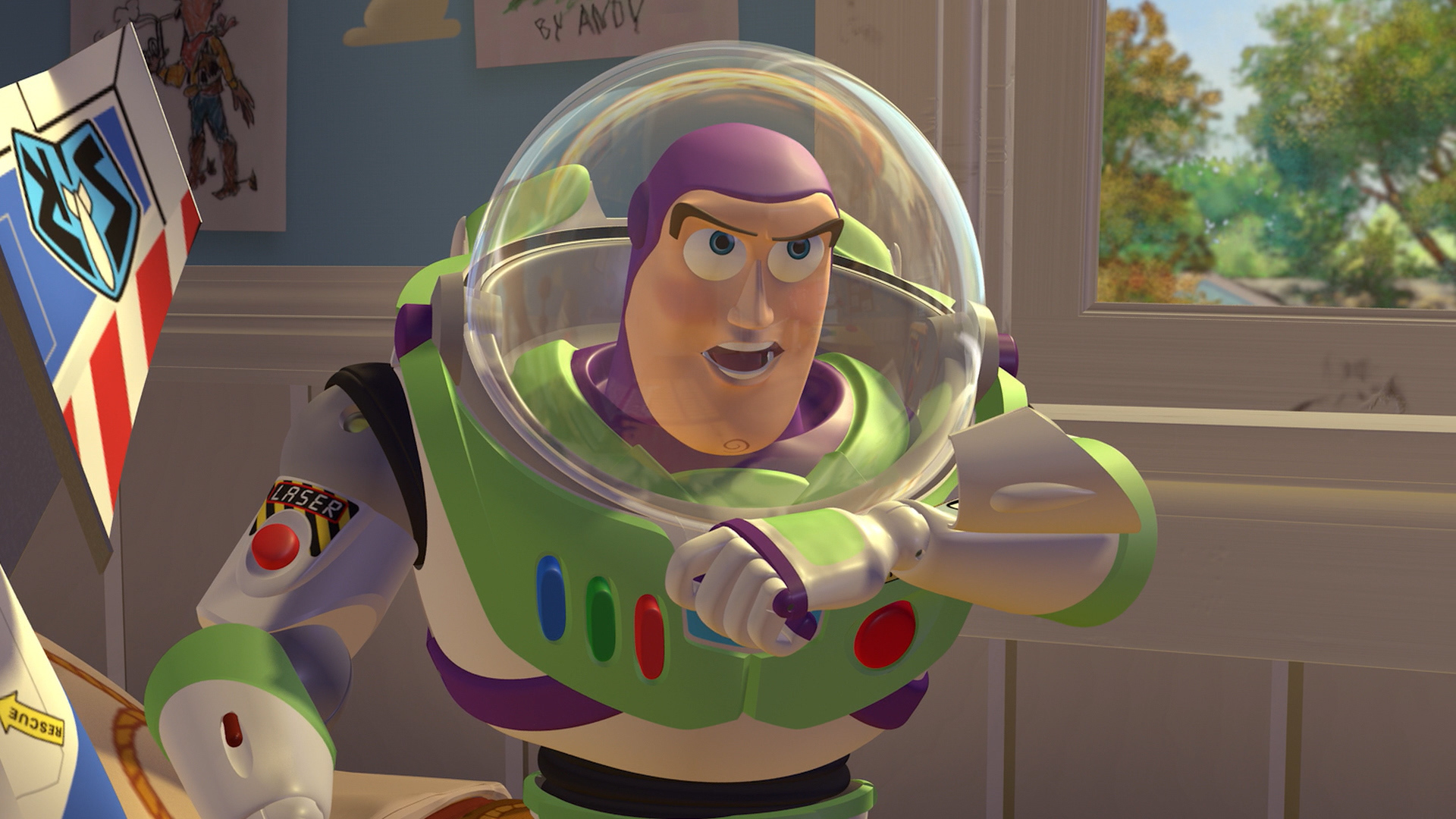
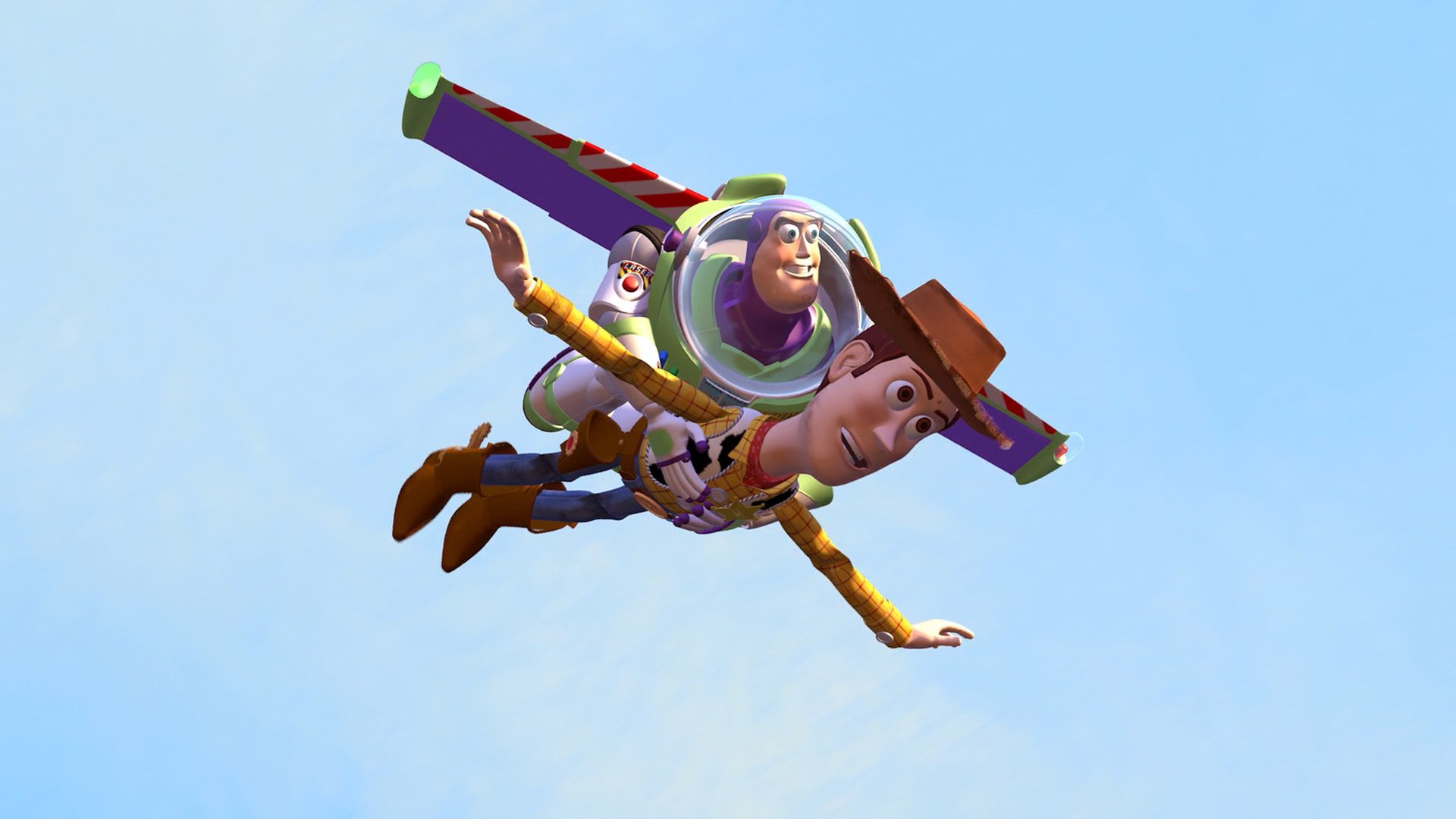
The lighting was directed by Sharon Calahan, ASC, who was credited as the lighting supervisor. Though the picture followed traditional cel animation production processes, the team soon realized that the process and creative approach more closely related to the production of live-action feature filmmaking. As such, Calahan was credited as the director of photography on Pixar’s next feature, A Bug’s Life.
In recent years, Pixar typically credits two directors of photography — for camera (layout) and lighting, respectively. Calahan calls this distinction a “recognition” of the work and artistry of the layout department.
On any given project, Calahan manages a team of 30 to 60 lighters, who are responsible for the light, color, look and feel of the finished product. Throughout her tenure, Calahan and her team have spearheaded many technological achievements, such as creating advanced water simulation on Finding Nemo, stylizing “juicy-looking” food on Ratatouille and upgrading volumetric cloud effects on The Good Dinosaur.
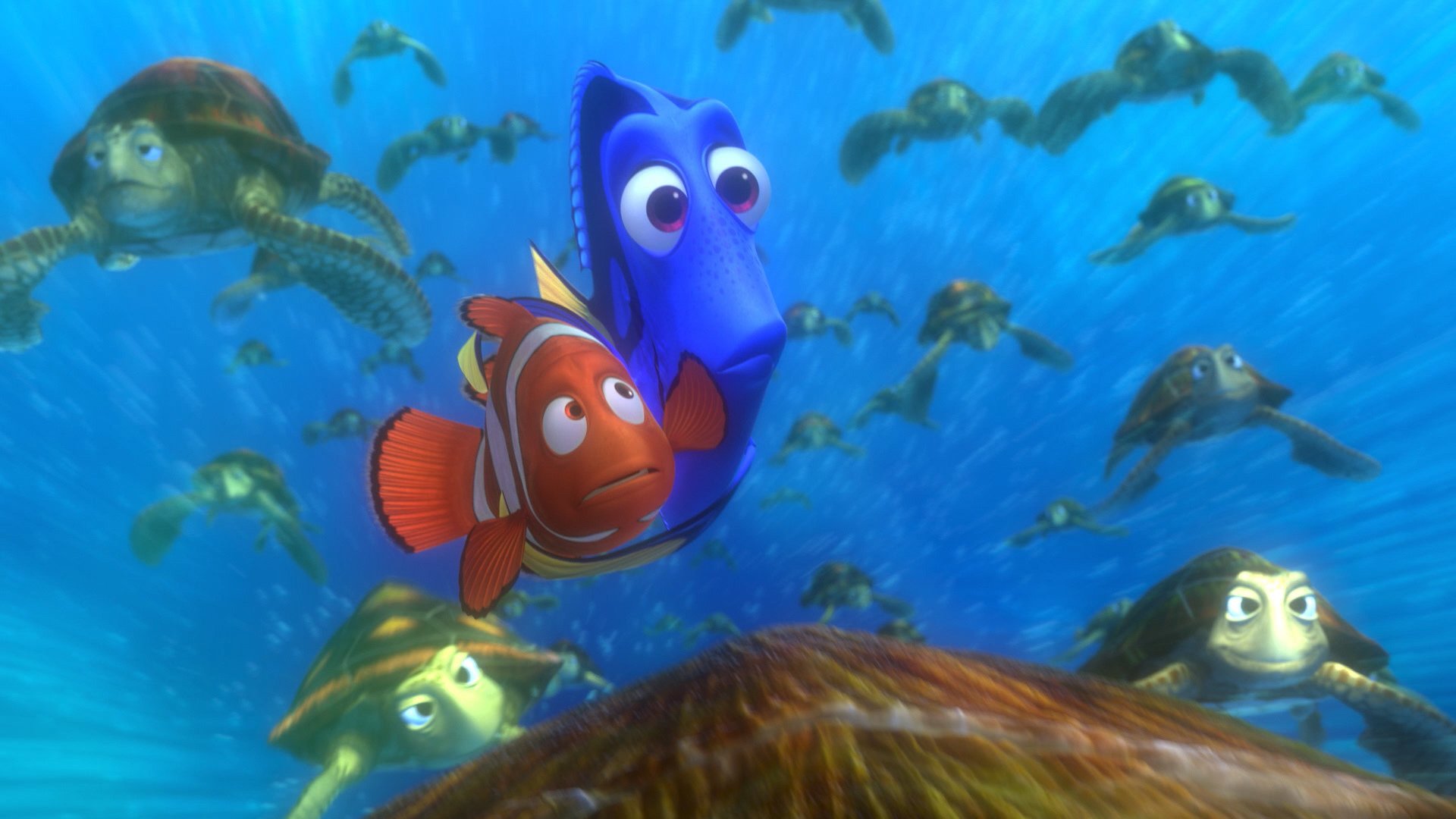
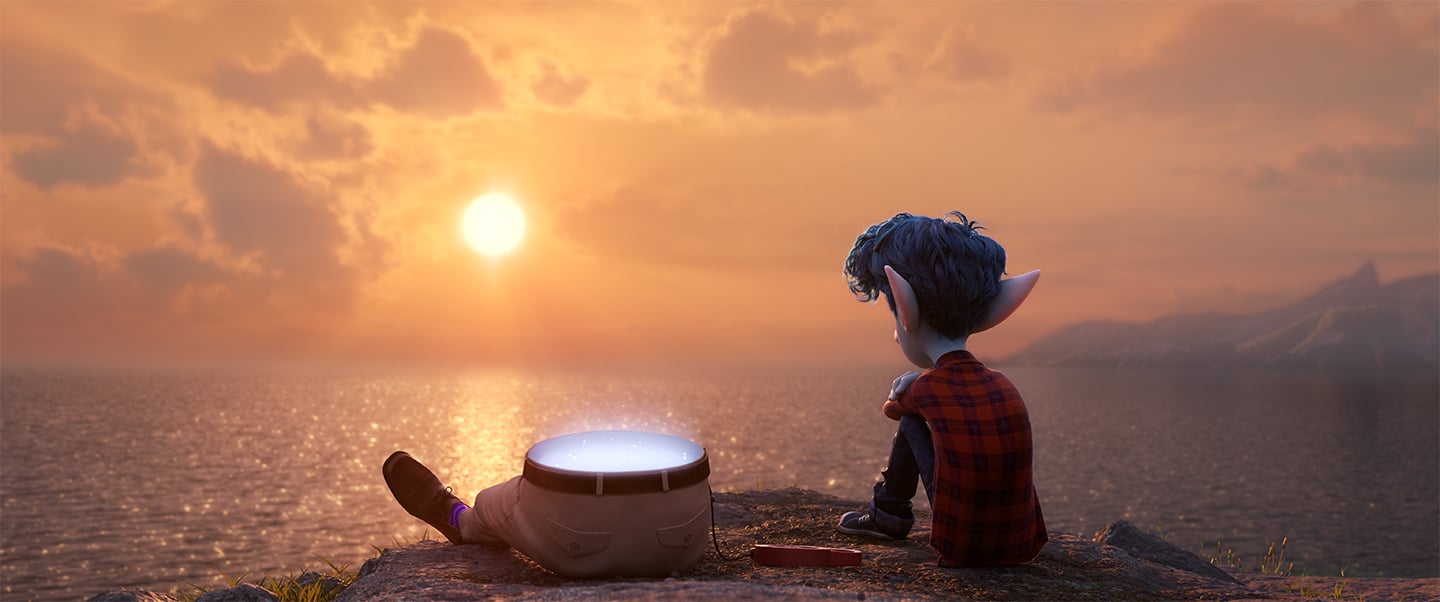
About the Cinematographer
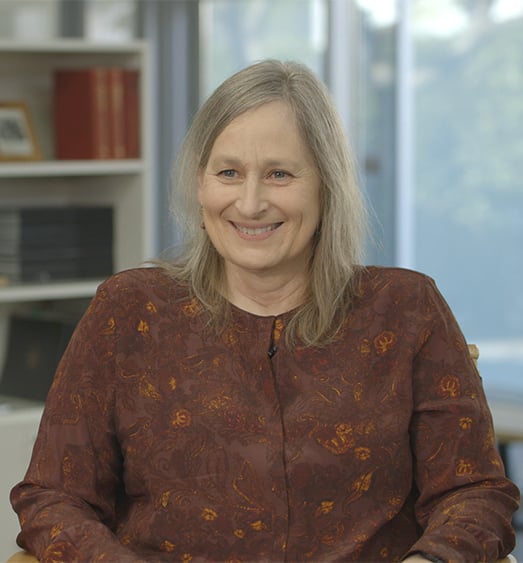
Sharon Calahan, ASC made history in 2014 when she became the first ASC member invited to join the Society on the basis of a career entirely in animation. Currently, she is the only member to hold this distinction.
Calahan studied illustration, graphic design and still photography in college, and she began her career as an art director at local television stations in Spokane, Washington, and the documentary production company Pinnacle Productions. She later worked as a lighting director for Pacific Data Images, creating computer-generated imagery for commercials and television programs.
In 1994, she joined Pixar Animation Studios to serve as the lighting supervisor on Toy Story.
The cinematographer’s other credits include Toy Story 2, Finding Nemo, Ratatouille, Cars 2, The Good Dinosaur, and Onward. She also provided additional lighting design on Coco. Two of her projects, Finding Nemo and Ratatouille, earned Academy Awards for Best Animated Feature.
Follow American Cinematographer on Facebook, Instagram and Twitter.

American Cinematographer interviews cinematographers, directors and other filmmakers to take you behind the scenes on major studio movies, independent films and popular television series.
Subscribe on iTunes